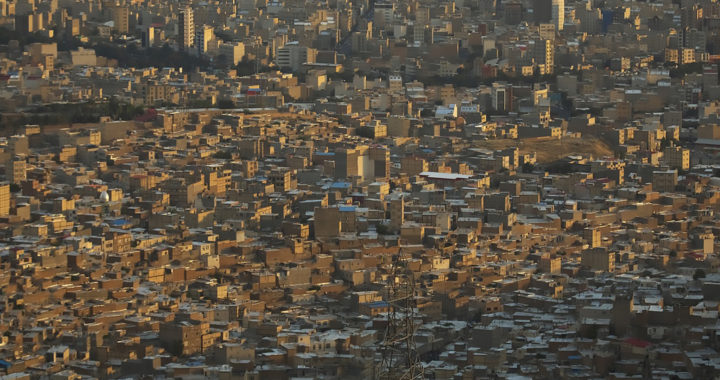Urbanization is one of the hallmarks of industrialization, modernization, and even globalization. The past decades have seen massive population growth, migration to denser areas, and the transformation of areas into cities and megacities within a short period.
Of course, for starters, urbanization is defined as the process of population growth, expansion and industrialization of settlements, migration and concentration of people, population shift from rural to urban areas, and the decrease in the proportion of rural area population.
It is true that this process corresponds to progress. However, it cannot be denied that such has also resulted in a multitude of problems affecting the environment, the quality of life in a given community, and sociocultural issues.
Pros: The Advantages of Urbanization
Efficiency is at the core of the different advantages or benefits of urbanization. It allows a particular area and its community to utilize resources more effectively while also promoting economic activities, social integration, and knowledge transfer.
Below are the specific advantages:
• Fosters Economic Growth and Heightens Business Activities: A dense population has advantageous characteristics needed for economic growth. These include access to a larger labor market and the presence of consumers. Resources are also easier to allocate for optimal and productive use. These factors are essential in the creation of businesses and maintenance of business activities.
• Promotes Governance Efficiency and Community Building: It also enables the efficient delivery of public services such as law enforcement, representation, public infrastructures, and specific social services. Furthermore, households living in close proximity are able to break sociocultural barriers and form a sturdier community while reinforcing shared social and cultural norms.
• Stimulates Information Sharing and Knowledge Transfer: Another advantage of urbanization is that it optimizes the reach of a particular education system. Learning facilities and institutions are built in urban areas to develop the local labor pool. The dissemination and utilization of information also become more efficient in established communities with relevant structures.
Cons: The Disadvantages of Urbanization
Advocacies and concepts related to sustainability and sustainable development such as sustainable transport and sustainable cities have emerged to address the offshoots of modernization. The specific process of urbanization has notable disadvantages that endanger future generations.
Below are the specific disadvantages:
• Stresses the Environment and Available Natural Resources: Dense populations create numerous environmental problems. Pollution is prevalent in cities and megacities that lack relevant laws and initiatives due to a large number of people and heightened economic activities that result in a higher generation of waste. Human settlements have also been associated with the destruction of local flora and fauna.
• Dampens Living Conditions and Quality of Life: Different types of pollution such as land, air, noise, and light pollution also create health problems. Crowding also results in poor sanitization and outbreaks of diseases. Slums also emerged in urbanized areas due to the uncontrolled settlement of families and individuals. Crime tends to be prevalent in dense areas with poor law enforcement.
• Creates Specific Socioeconomic Issues and Problems: Another disadvantage of urbanization is that it can also lead to different socioeconomic problems. Land becomes scarce and more expensive as an area becomes more urbanized. This leads to land insecurity. The local business landscape might also not be enough to accommodate the local labor pool. Note that the prevalence of poverty and unemployment in a particular area can foster anti-social activities such as lawbreaking.





